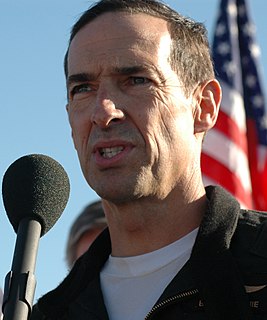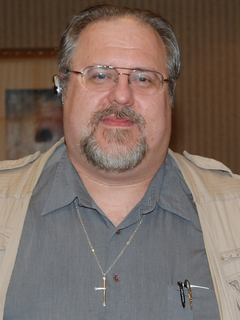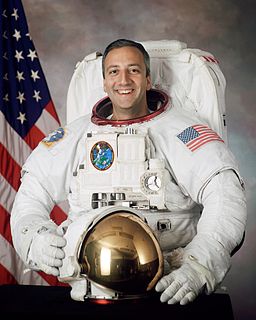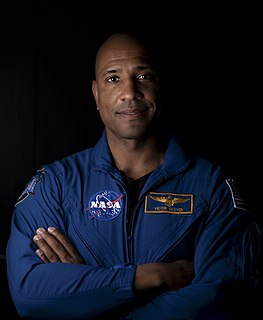A Quote by Brian Binnie
In 1969 I was 16, and for me anything was possible. '2001: A Space Odyssey' was in theaters. Man's future in space seemed limitless, and here on TV to punctuate it all were men walking on the moon.
Related Quotes
I was the first person to tweet from space, but now every astronaut tweets from space and does Instagram and Snapchat and Face - they have Facebook going. I think it's more of a personal relationship they have with space now. They see it as more obtainable than me watching my superhero Neil Armstrong and Buzz Aldrin walking on the moon. It's like, there's no way I can do that.
In 2009 I went up on the space shuttle. I was in space for 16 days and docked at the space station for 11 days. The entire crew did five space walks, of which I was involved with three of them. When you're doing a space walk, you always have a buddy with you. It's a very dangerous environment when you're doing a space walk.
Young people today are flooded with disconnected images but lack a sympathetic instrument to analyze them as well as a historical frame of reference in which to situate them. I am reminded of an unnerving scene in Stanley Kubrick's epic film, 2001: A Space Odyssey, where an astronaut, his air hose cut by the master computer gone amok, spins helplessly off into space.
































